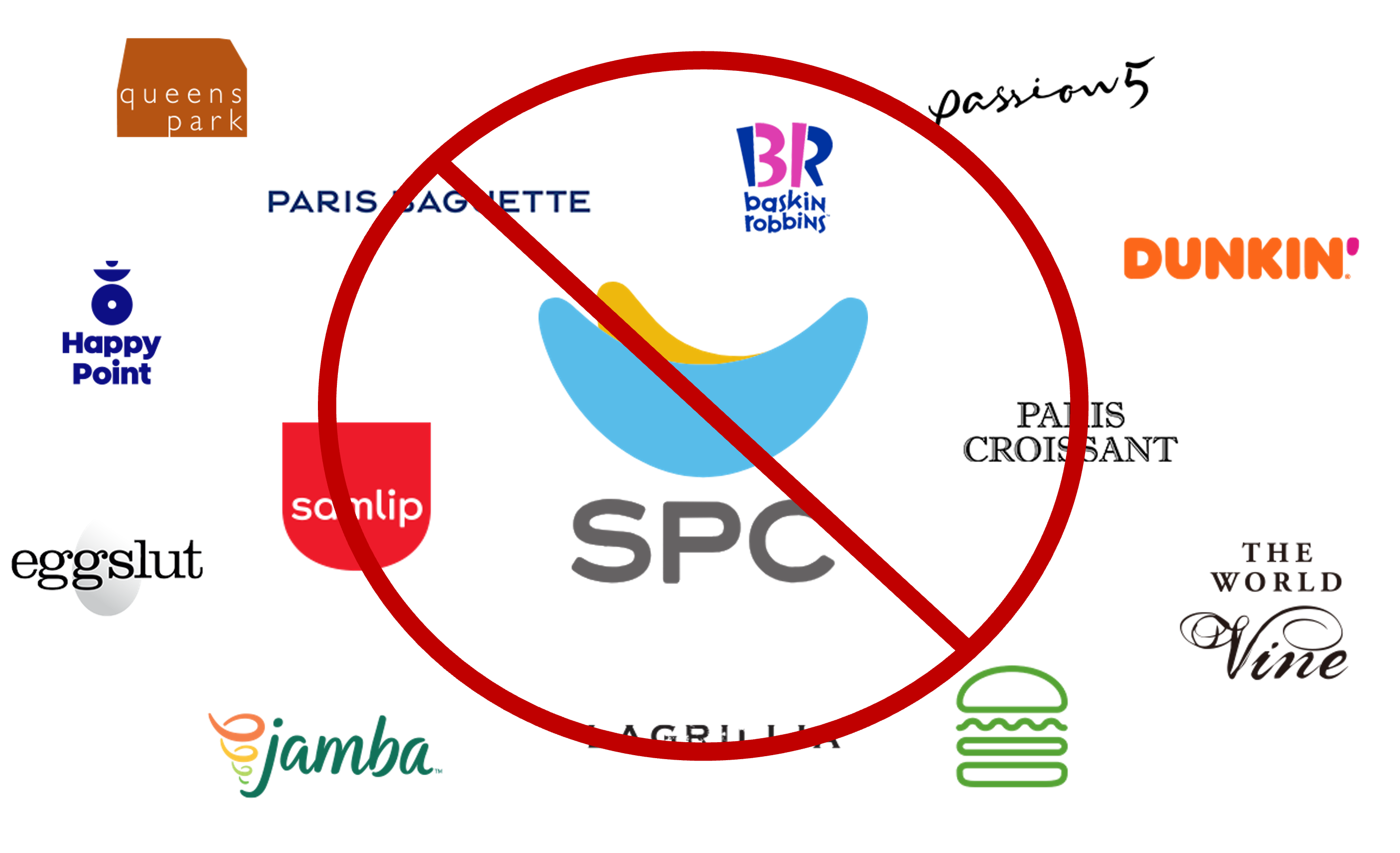Boycotts in South Korea has become a powerful tool wielded by consumers to voice their dissatisfaction, demand answers, and influence company policy. Consumers are increasingly leveraging their purchasing power as a form of activism, choosing products based on social responsibility and an organization’s ethical position in addition to features like price and quality. Due to this shift in consumer behavior, firms now face a more competitive environment and are compelled to place a higher priority on openness, honesty, and social responsibility.
Read our Korea’s MZ Generation report
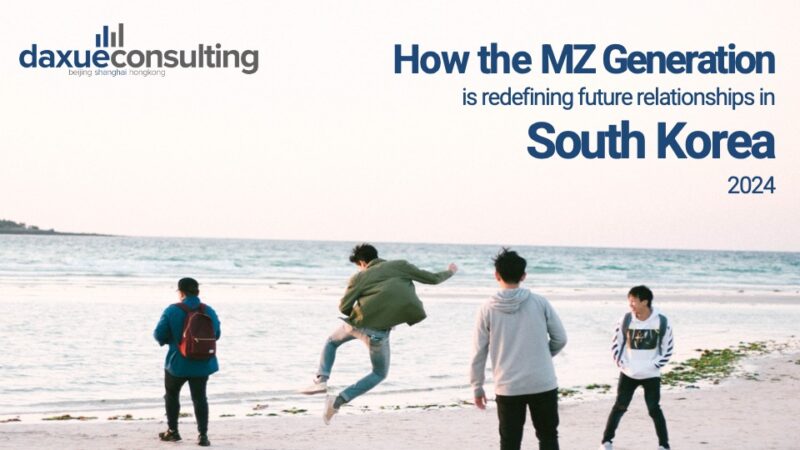
The shift from physical to digital boycotts in South Korea is driven by increasing online users and social media platforms
Consumers in South Korea engage in organized protests, open demonstrations, and picketing outside company headquarters or retail locations. These initiatives aim to expert pressure on targeted firms and raise public awareness of consumer complaints. Demonstrations typically involve large-scale gatherings with signs, slogans, and the distribution of protest materials, while picketing causes disruptions to businesses and brings media attention to the boycott movement.
However, as online users increased, there has been a significant shift from physical to digital boycotting in South Korea. Social media platforms like Naver Blog, Naver Cafe, and Daum Cafe boost consumer activism, enabling swift mobilization and widespread distribution of complaints. This dynamic has been posing risks for businesses, as even minor issues can escalate into significant boycott movements, impacting both reputation and finances.
SPC Group faced backlash and boycotts following labor incidents at Paris Baguette
Paris Baguette is a leading South Korean multinational bakery-café chain. It operaties under the ownership of the SPC Group, a leading South Korean food company known for its specialization in food production, bread, and various confectionery items. The company faced backlash and boycotts due to labor-related incidents, including an employee’s tragic death October 15th, 2022 and another incident involving an injury a week earlier. Paris Baguette decided to continue operations of two machines at the accident site the day after the accident. A week earlier, it had not taken an injured employee to the hospital because they were classified as a non-regular worker. These incidences sparked outrage, fueling broader concerns about labor conditions and workers’ rights, particularly among female employees. “We can’t eat bread stained with the blood of workers,” wrote several online users.
Paris Baguette boycott cascades into boycott of associated brands
In addition to labor union demonstrations, public anger towards SPC escalated, resulting in boycotts that extended beyond Paris Baguette in the bread market in South Korea. Koreans also avoided numerous food and beverage brands under the SPC umbrella, such as Baskin Robbins, Dunkin Donuts, and Shake Shack. The movement gained further momentum as President Yoon Suk Yeol personally took legal action. Meanwhile, within the Korean-American community in the United States, awareness about the employee’s death spread through platforms like Twitter and Instagram.
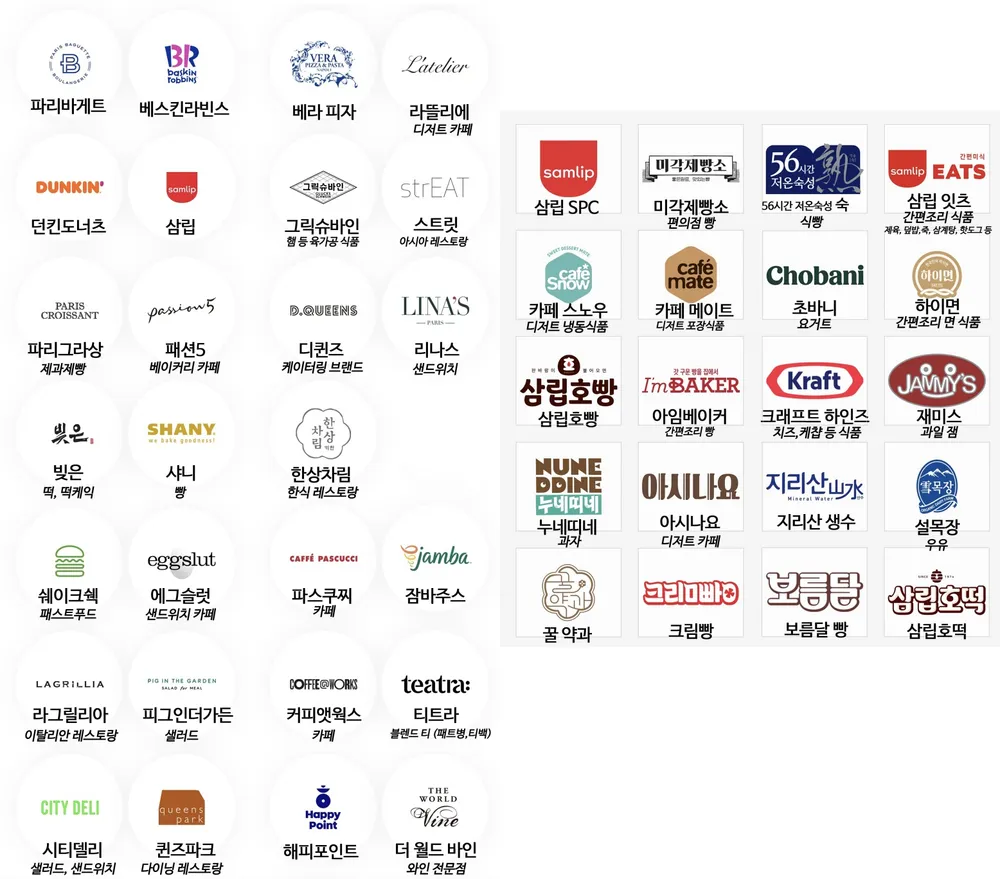
As a result, franchise owners stated that Paris Baguette’s sales decreased by approximately 30% per store, and the usage of the membership app Happy Point decreased significantly. SPC Samlip’s stock was trading at KRW 84,000 before the accident in 2022 but plummeted by a significant 17.74% in October compared to the previous month. The stock price has since failed to rebound, lingering around the KRW 67,500 mark as of August 22nd, 2023.
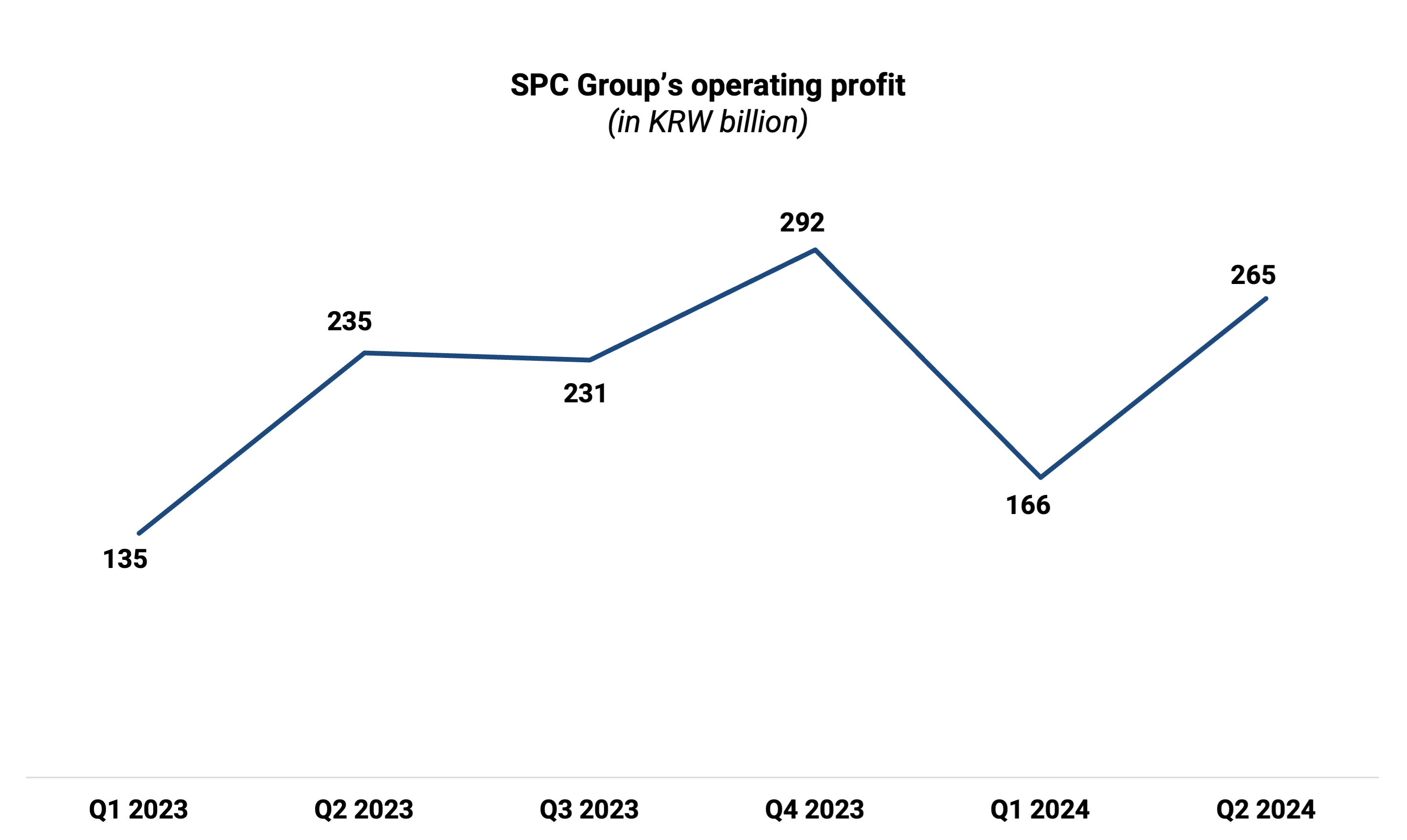
South Korean consumers’ historical sensitivities shape their relationship with Japanese companies
Uniqlo Co., Ltd. is a Japanese company that specializes in designing, manufacturing, and selling casual wear with a focus on fast fashion. Just a few years ago, it was one of the most intensely boycotted brands in Korea, particularly following the airing of an advertisement in 2019 that some Koreans perceived as mocking victims of wartime sex slavery and forced labor. The advertisement soon went viral in South Korea, sparking intense online protests calling for an apology from the company and supporting a larger boycott of Uniqlo clothing, with college students leading subsequent demonstrations in front of the retailer.
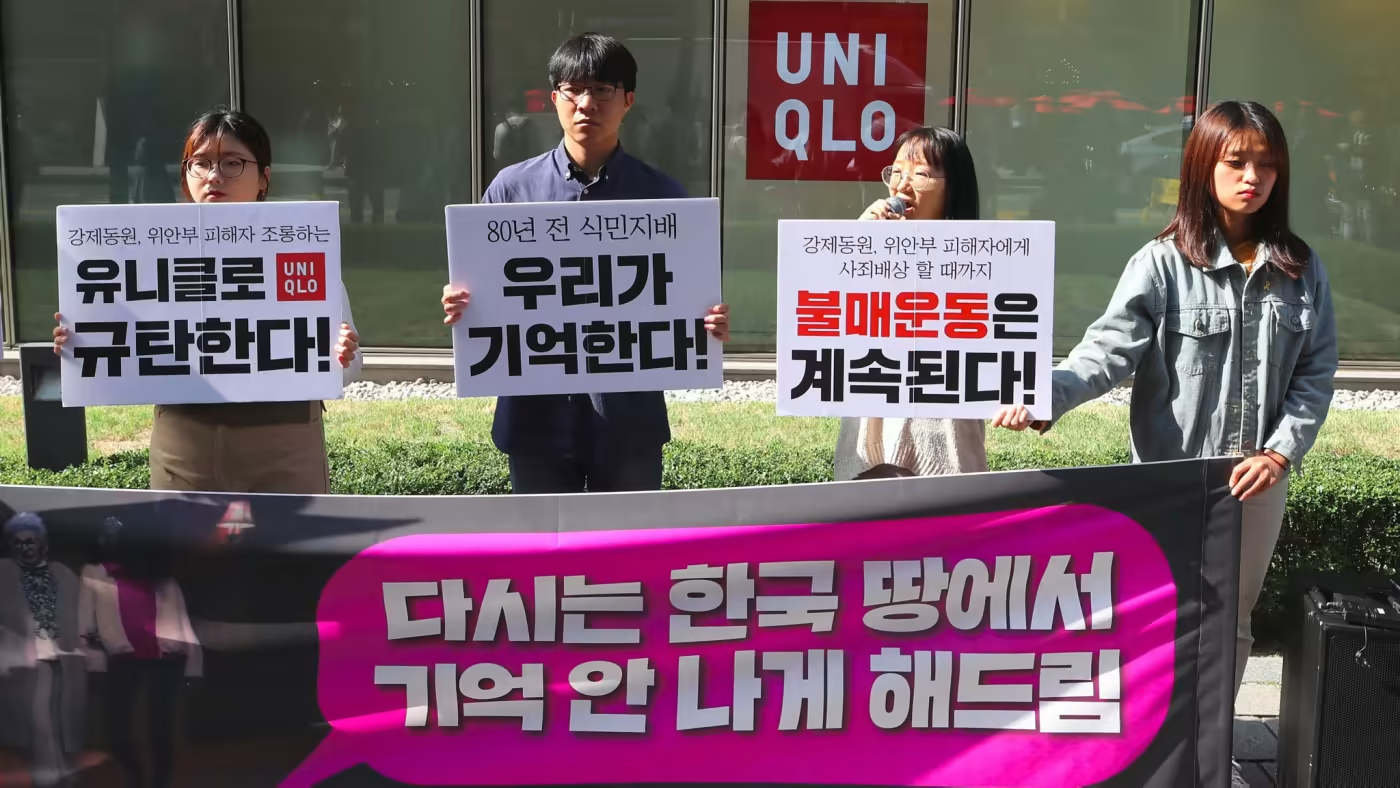
Following the boycott, Uniqlo’s card sales from July 2019 to June 2020 decreased by 65% to KRW 141.2 billion from before the boycott from July 2018 to June 2019. Moreover, the impact of the boycott led to the closure of Uniqlo stores within a year, resulting in 174 stores by the end of 2020, compared to 187 stores at the conclusion of August 2019.
Cristiano Ronaldo’s no-show sparks fallout: Impact on FIFA Online 4
Juventus had promised in 2019 to have Ronaldo play for at least 45 minutes in a match against the K League All-Stars. Nevertheless, Ronaldo remained on the bench for the entire match. His action angered approximately 63,000 fans at the Seoul World Cup Stadium. This no-show attitude of Cristiano Ronaldo led Korean football enthusiasts to feel deceived, prompting them to initiate a boycott against products associated with the Portuguese football icon.
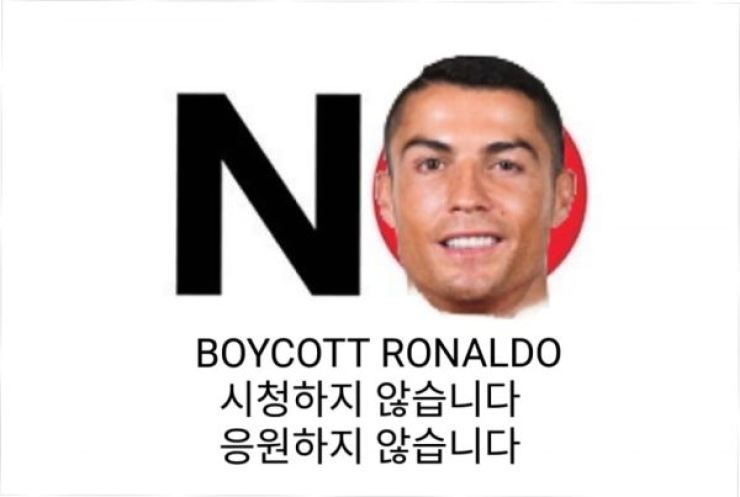
One of the industries that was heavily affected by this boycott was South Korea’s gaming industry, notably the FIFA Online 4 football game, where Korean stopped using the character of Ronaldo. Created by Electronic Arts and marketed in South Korea by the major local game company Nexon, the “FIFA Online 4” brand is the most played online football game in the country. According to Sensor Tower, 91.7% of the USD 440 million in revenue generated by the company came from South Korea. It allows users to participate in the transfer market, where every player has a unique worth, just like in the real-world football transfer market. Users can use their in-game virtual currency, BP, to upgrade and purchase players from the market.
South Korea’s online activism sparks boycotting, drawing attention to corporate behavior
- Boycotts in South Korea empowers consumers to demand accountability and ethical standards from businesses. With growing online platforms and social media use, digital activism is on the rise.
- Internal mismanagement, exemplified by labor-related accidents, has the potential to ignite widespread boycotts, particularly when mishandled post-incident. Such events not only jeopardize brand reputation but also inflict financial repercussions on businesses.
- Historical insensitivities regarding South Korea’s history can detrimentally shape brand perception and influence sales.
- Celebrity controversies, including those involving top celebrities like Cristiano Ronaldo, wield considerable influence over brands and their sales.



